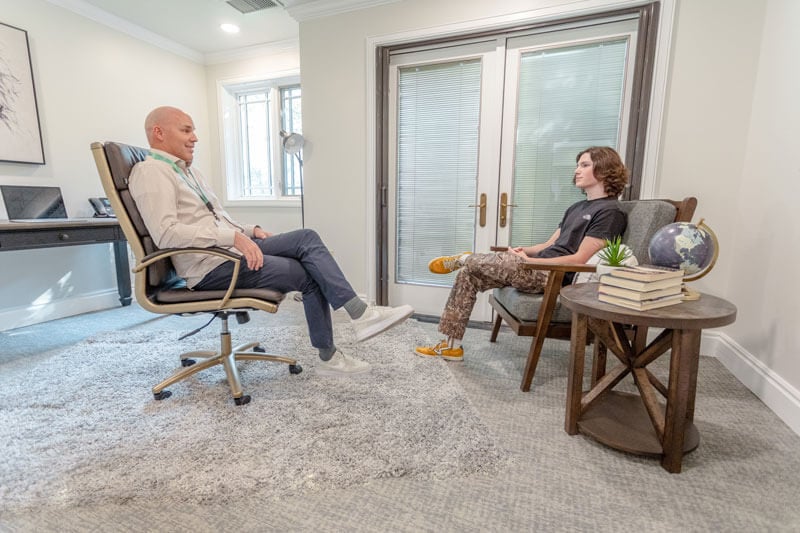Navigating Mental Health Insurance with OASIS Ascent
We understand that insurance and funding in general can be overwhelming, especially when your family is already facing a challenging mental health crisis. Our goal at OASIS is to help improve treatment accessibility by advocating for the best possible insurance coverage, while offering high-quality care with a skilled, multidisciplinary team. The quality of treatment can go a long way in terms of sustainable and effective intervention.
At this time, OASIS is out-of-network with all insurance plans. You are likely familiar and most frequently use in-network benefits. In most cases, your in-network and out-of-network benefits are separate. In other words, amounts including deductibles, coinsurance, and out-of-pocket maximums you pay for in network expenses typically don’t count toward your out-of-network benefits. The good news is that many families reach their out-of-pocket maximum while here, and thus have 100% coverage for out-of-network services the remainder of their plan year following treatment at OASIS.

We also offer the option to pay privately, meaning that the family covers 100% of treatment costs. You can speak more in-depth about this with our admissions team.
Helpful Insurance Terminology:
Out-of-Network Benefits
Most insurance plans offer in-network benefits and out-of-network benefits. In-network benefits apply to providers the insurance company has contracted with for services. Out-of-network providers have not contracted with the insurance company for services. OASIS is out-of-network with all insurance companies. Not all plans offer out-of-network benefits. If your plan does not offer out-of-network benefits, we can petition for a single case exception. If you aren’t sure about your benefits we can check for you!
Verification of Benefits
If you are interested in the possibility of treatment at OASIS, we are happy to run a verification of benefits for you with no commitment. This will break down your benefits and the amounts you have paid to date toward your plan’s deductible and out-of-pocket maximum for the year. It will also list the co-insurance rate for inpatient mental health treatment, and give you an idea of your financial obligations under your benefit plan.. We send a letter summarizing your benefit, and are also available to explain in more depth over the phone.
Out-of-Pocket Maximum
The out-of-pocket maximum is the stop-loss amount you will spend personally before your insurance company typically covers all care at 100%. In other words, there is a ceiling to how much you have to pay out of your own wallet per year.
Deductible
This is the upfront amount that you must meet each plan year before your insurance begins to cover expenses. Once you have paid the deductible, your insurance will cover a percentage of the costs and you will be responsible for a percentage of the costs until you reach the out-of-pocket maximum.
Co-insurance
After you meet the deductible, the insurance pays a percentage of the costs of care (i.e. 60%). Co-insurance is the percentage you are required to pay (i.e. 40%). You are responsible for co-insurance until you reach the out-of-pocket maximum.
Clinical Criteria for Residential Treatment
Our UR Director does an excellent job in telling your child’s story to advocate for insurance coverage. There is a lot of clinical documentation and background required for these in depth reviews. It also often requires poor success at previous lower levels of care (i.e. outpatient therapy visits, IOP/PHP, etc.) Recent hospitalizations also help demonstrate acuity. These reviews take place for initial authorization, and are ongoing throughout treatment. Each review requires proof that the patient is meeting medical necessity criteria throughout the course of care at OASIS - typically every 2-14 days. The following are criteria that are reviewed for medical necessity: persistent danger to self or others, suicidality, delusions or hallucinations, serious stressors, significant impairment in a variety of settings, history of or recent hospitalizations, threat of or recent placement removal, AWOL, school refusal, acting out behaviors, isolative behaviors, recently escalating symptoms, and significant & persistent mood challenges.
Single-Case Agreement (SCA)
When there are limited out-of-network options, your plan doesn’t offer out- of-network benefits or other unique circumstances, a single-case agreement (SCA) may be an option. While SCAs are never a guarantee, it may be an alternative way to utilize your plan where coverage would otherwise not be an option.
Pre-Authorization
We will attempt to obtain pre-authorization for all families. This means that in most cases your insurance company will approve or deny the request for treatment at OASIS prior to admission. Situations that can reduce the likelihood of pre-authorization include taking your child home prior to admit following a hospitalization, not attempting lower levels of care first, and lateral transfers. Lateral transfers are when you are changing within the same level of care (i.e. from one residential treatment center to another). If your child is currently working with a provider or is in a placement, documentation from that provider recommending residential care as medically necessary, as well as specifically mentioning OASIS in the recommended plan can help the process.
Allowed Amount
The allowed amount is the maximum amount your plan will pay for a covered health care service. Allowed Amounts may also be called “eligible expenses”. Your insurance plan may allow a rate that is less than the amount that OASIS bills. Your cost sharing requirements (deductibles, co-insurance, out-of-pocket max) are based on the allowed amount. If the allowed amount is lower than the cost to provide services at OASIS, you may receive a bill for the difference.
